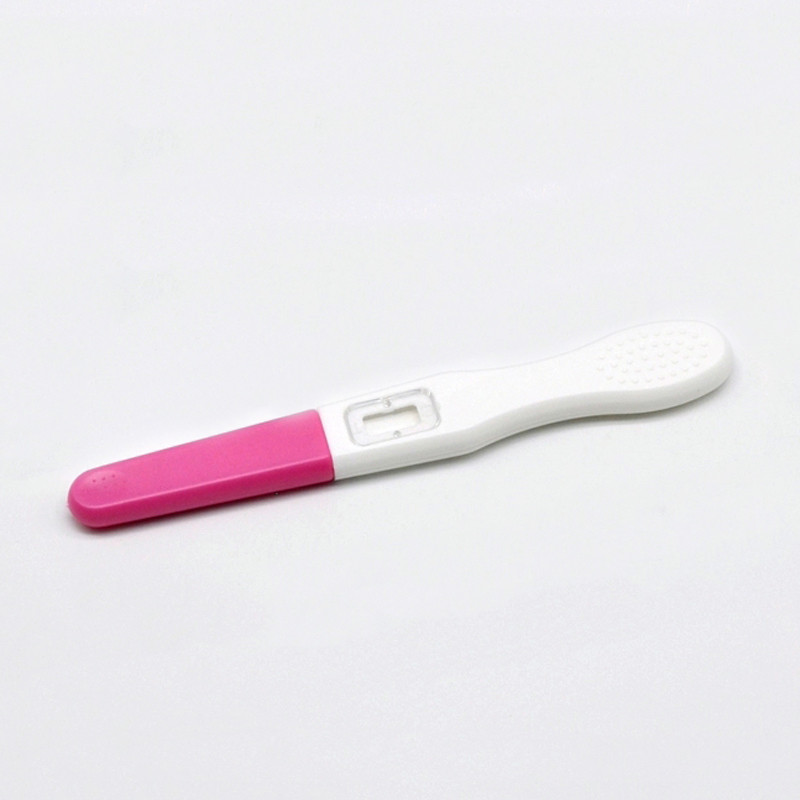Aug . 20, 2024 10:43 Back to list
Wholesale Suppliers of Occult Blood Test Kits for Stool Analysis
Understanding Wholesale Occult Blood in Stool Suppliers
In the realm of medical diagnostics, the presence of occult blood in stool is a critical indicator that can signal a range of gastrointestinal issues, including but not limited to colorectal cancer, ulcers, and inflammatory bowel disease. Detecting this condition early is crucial for effective treatment and improved patient outcomes. As a result, the market for occult blood testing has grown significantly, leading to the emergence of numerous suppliers specializing in these diagnostic tools.
What is Occult Blood in Stool Testing?
Occult blood refers to blood that is not visibly apparent in stool samples but can be detected through specific laboratory tests. The testing process usually involves chemical screening of stool samples, where substances such as guaiac or immunochemical reagents are used to identify the presence of hemoglobin. The two principal types of tests available are the guaiac-based fecal occult blood test (gFOBT) and the immunochemical fecal occult blood test (iFOBT). Each method has its benefits and considerations regarding sensitivity, specificity, and user-friendliness.
The Role of Wholesale Suppliers
Wholesale occult blood in stool suppliers play a pivotal role in the healthcare supply chain
. They provide healthcare facilities, laboratories, and clinics with the necessary testing kits and equipment to conduct these vital screenings. By purchasing in bulk from suppliers, these institutions can reduce costs significantly, allowing for more extensive screening programs, which is especially important in multiple patient care settings.wholesale occult blood in stool suppliers

But how do wholesalers maintain the quality and reliability of their products? Reputed suppliers ensure that their testing kits meet stringent quality control standards and regulatory requirements—such as those set forth by the US Food and Drug Administration (FDA) or the European Medicines Agency (EMA). They collaborate with manufacturers who have a proven record of producing accurate, reliable, and safe diagnostic tests. This quality assurance is essential, as false positives or negatives in occult blood testing can lead to unnecessary stress for patients or missed opportunities for early intervention.
Market Trends and Innovations
The market for occult blood testing is evolving, driven by technological advancements and increasing awareness of gastrointestinal health. Newer technologies, such as molecular diagnostics, are being researched to enhance the accuracy and reliability of tests. Additionally, the rise in at-home testing kits has gained traction in recent years, making it more convenient for patients to conduct preliminary screenings and seek follow-up care based on their results.
Suppliers are also expanding their product lines to include associated diagnostic tools and support materials, such as patient education resources and training for healthcare providers on how to interpret test results accurately. This holistic approach aims to improve the overall experience for both patients and practitioners.
Conclusion
The role of wholesale occult blood in stool suppliers is more significant than it may appear at first glance. They serve as the backbone of diagnostic capabilities in gastrointestinal health by providing essential testing materials and ensuring quality in medical diagnostics. With advancements in technology and an increasing focus on preventive health, these suppliers are likely to remain at the forefront of innovation in the healthcare industry. As we move forward, their contributions will be instrumental in identifying and addressing gastrointestinal issues early, ultimately leading to better health outcomes for patients worldwide.
-
Dengue NS1 Rapid Diagnostic Test Kit
NewsMar.07,2025
-
Dengue NS1 Rapid Diagnostic Test Kit
NewsMar.07,2025
-
Dengue NS1 Rapid Diagnostic Test Kit
NewsMar.07,2025
-
Transferrin Rapid Test Cassette Tumor Marker TF Card
NewsMar.07,2025
-
Malaria Pf Pan Rapid Diagnostic Test Kit
NewsMar.07,2025
-
malaria pf / pan ag rapid test
NewsMar.07,2025

